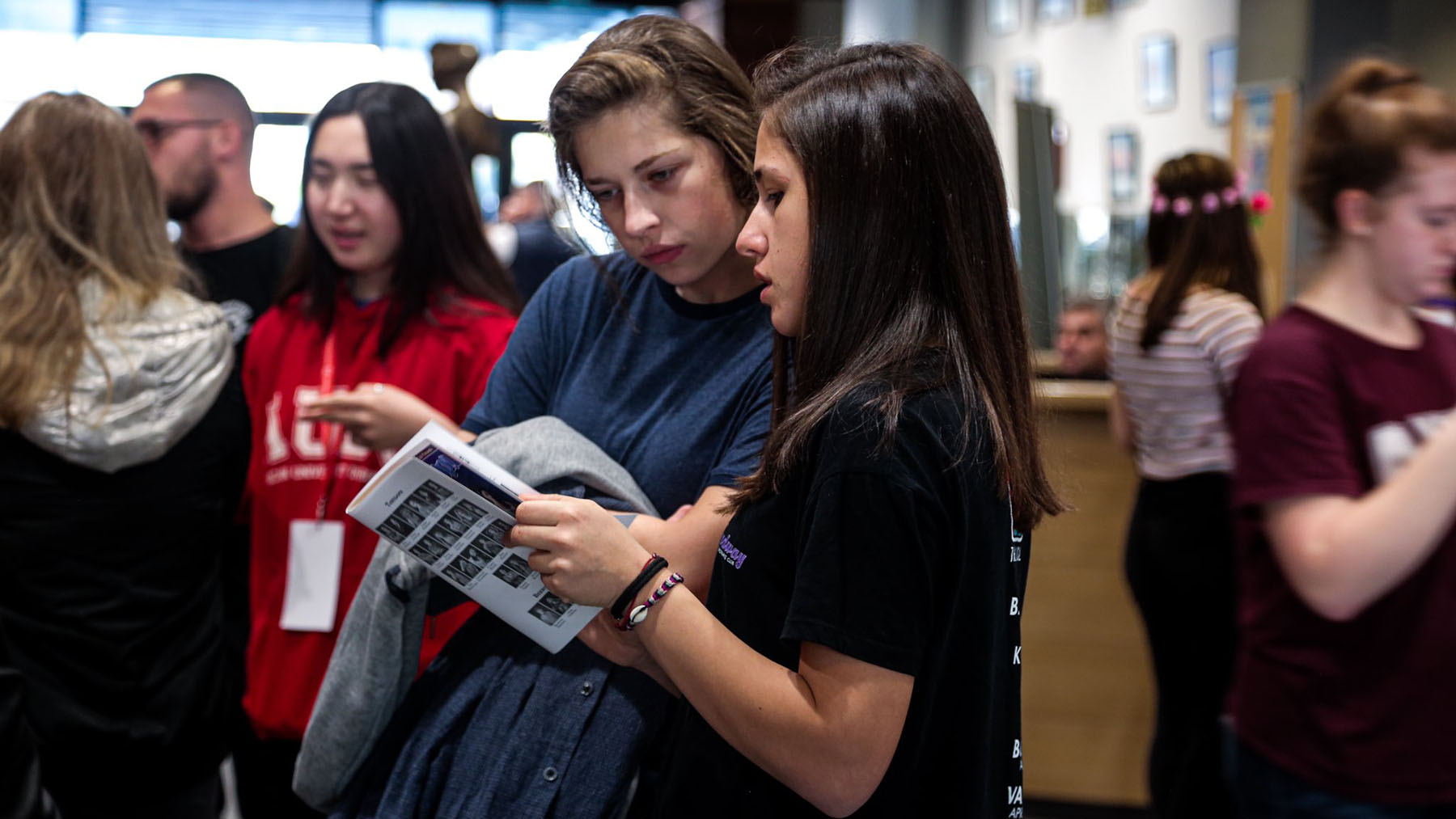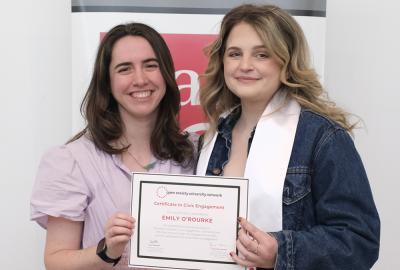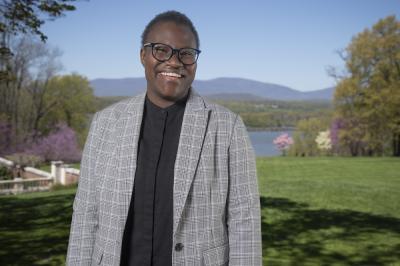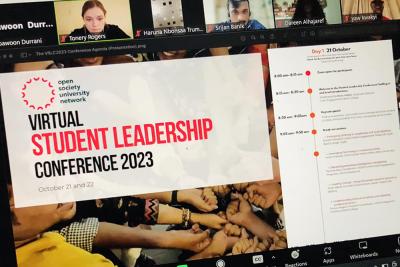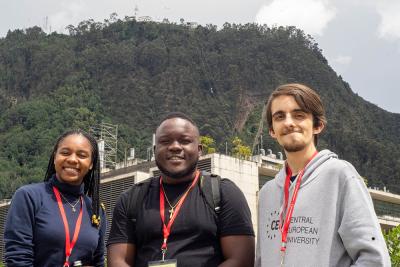About the Certificate
The Certificate in Civic Engagement provides a structured path for undergraduate students interested in deepening their knowledge and understanding of civic and community engagement by merging curricular and co-curricular interests. The certificate sets out expectations that students will be knowledgeable about theories of citizenship, democratic participation, civil society, and social action, familiar with their local community, and cognizant of ways in which the local, national and global are linked. Courses that are a part of the certificate focus on themes related to civic engagement and/or the practice of it. The certificate is acknowledged on each student’s transcript.
